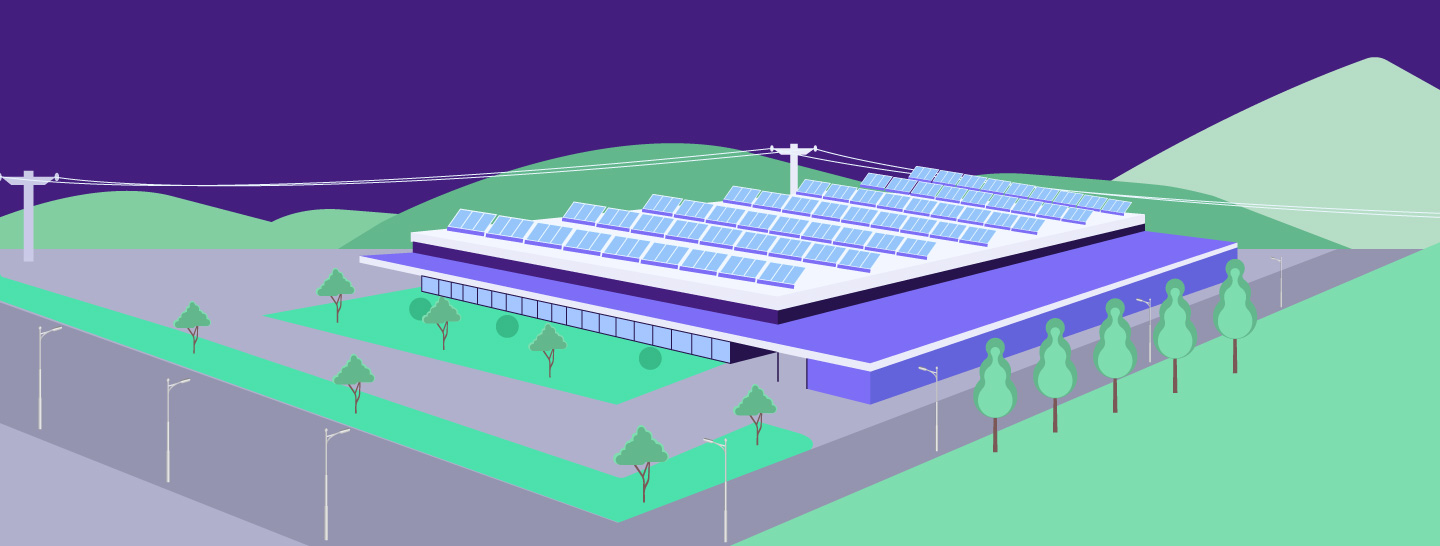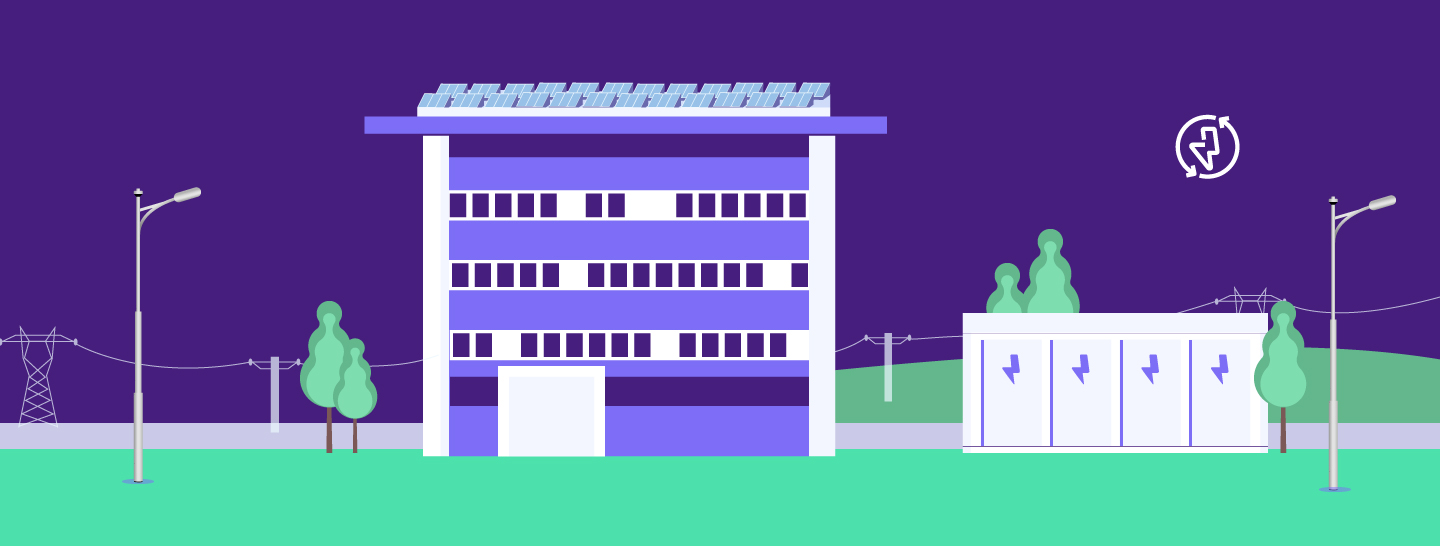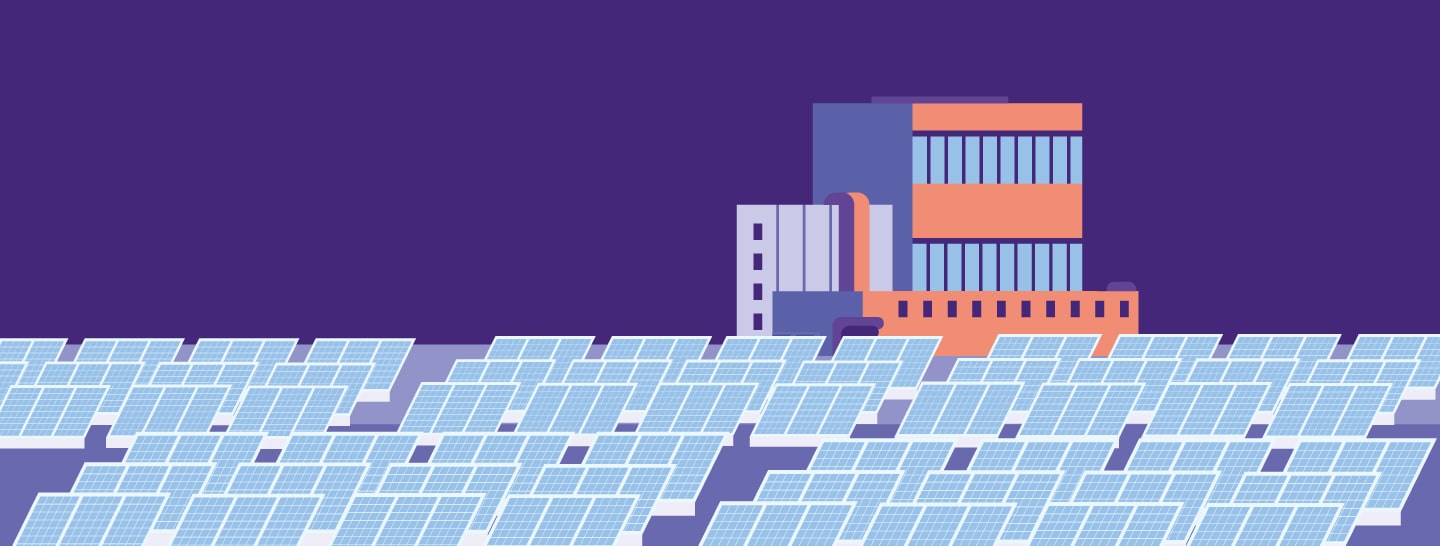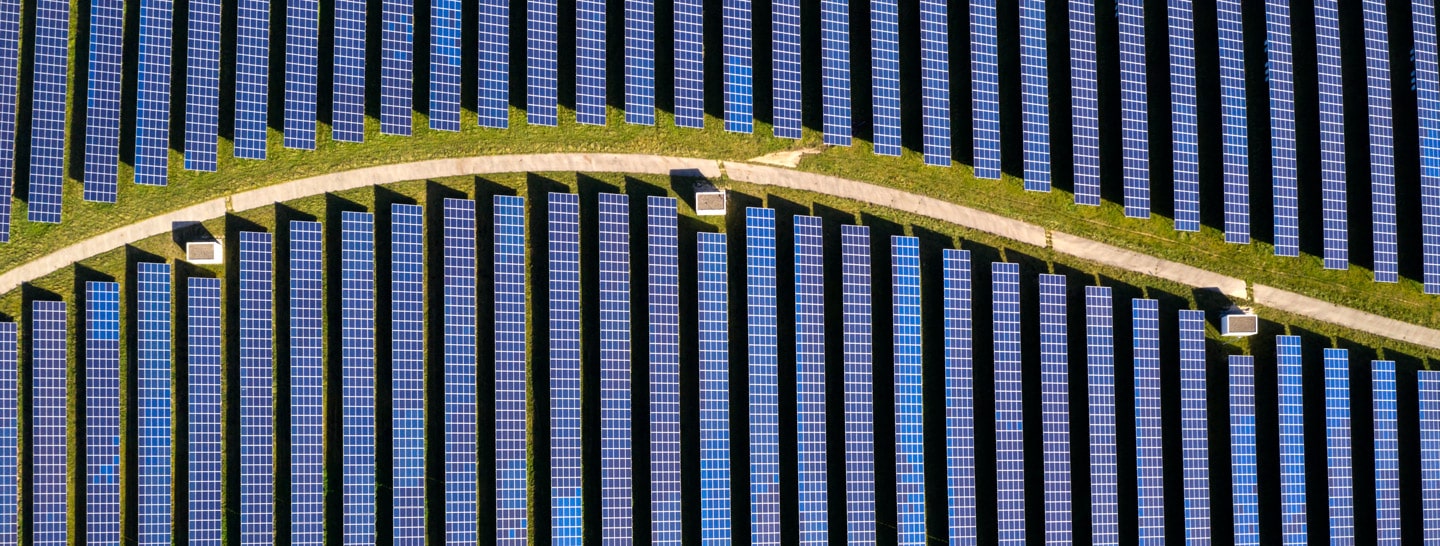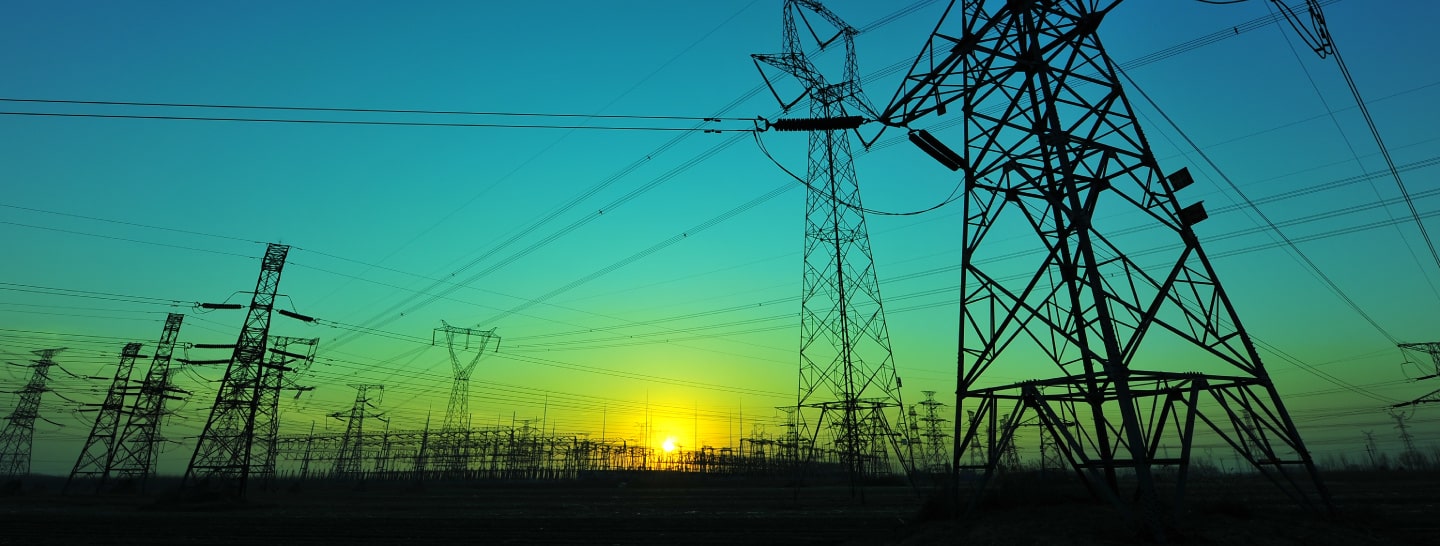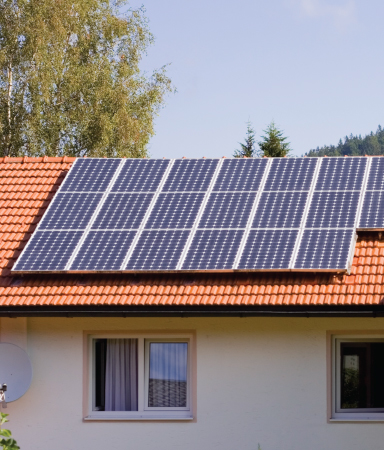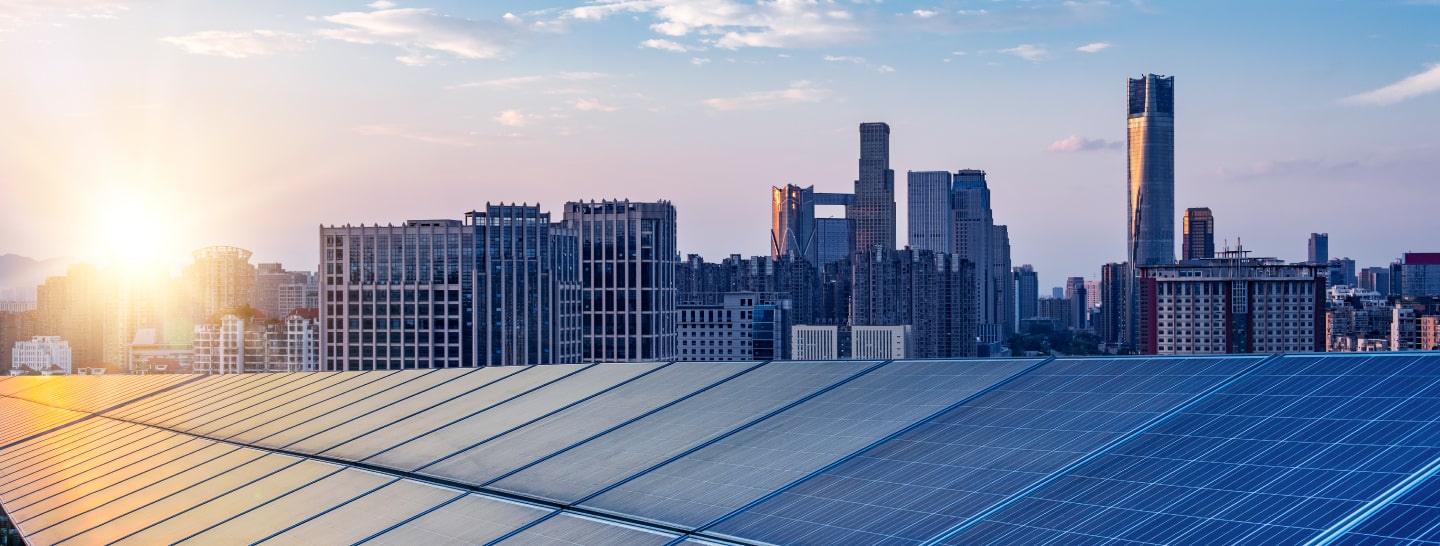

How does sustainability contribute to energy efficiency?

Saving money during the energy transition
Increasing energy efficiency for governments, businesses, industries, and individuals is an important and immediate step that helps save money during the energy transition to renewable energy sources like solar power and wind – which deliver future savings after the initial investment is recouped. Because of its potential for cost savings, energy efficiency is taking on more importance in the drive to reach net-zero targets. Clean energy and efficient energy use are objectives that go hand in hand.
What are the best practices to save energy costs by being sustainable?
At home
Long term savings
To achieve long-term savings, investing in solar panels and an energy storage system for your home will lower your electricity bills immediately. The cost of photovoltaic panels has fallen by 95% over the past 25 years and some solar panels are now small enough to even fit on a balcony. These solutions make it possible to produce renewable energy autonomously and consume what you produce, and store what you don’t – dramatically decreasing costs and environmental impact, especially when clean energy is combined with the electrification of uses.
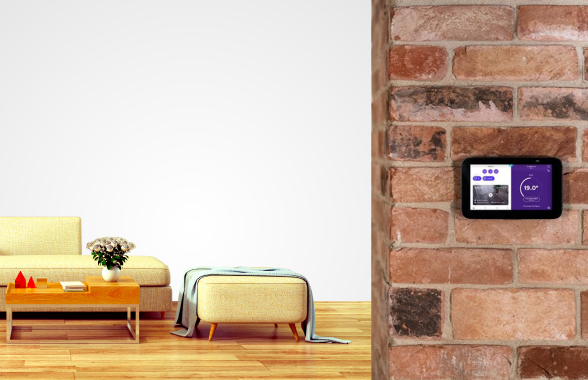
For my business
When thinking about sustainability, the first question that comes to mind is often “How much will this cost?”. Sustainability is not necessarily a direct business cost. Along with the social and environmental benefits, sustainability can help deliver bottom-line economic savings from making your operations more efficient. Different ways to become sustainable include:
- Reducing and making energy use more efficient
- Self-producing and storage clean energy, in combination with an electrification of consumption reducing and eliminating carbon emissions
- Adopting models of circular economy
- Paying more attention to energy sources

In particular, reducing and moving toward a more efficient energy consumption has moved to the top of the list, because it means saving money on energy bills at a time when prices are rising or protecting your business from sudden spikes in energy costs.
To start saving on energy costs, an energy audit can help discover where you can cut waste and save, for instance by:
- Checking the age and efficiency of your equipment or heating system to discover if upgrading or replacing old equipment can deliver long term savings
- Installing a smart meter to help you saving on energy and costs by tracking your consumption, helping you track whether you are consuming at peak cost hours.
For municipalities
Remote-controlled smart public lighting is often where cities start, given that most lighting systems are based on outdated technology. Enel X smart public lighting systems deliver higher efficiency and energy savings compared to traditional incandescent and halogen lighting, saving between 70% and 90% in energy output.
“Smart city” solutions can make schools, universities, sports centers, hospitals, and public offices both energy-efficient and comfortable. They can rely on local renewable energy by integrating traditional technologies with advanced, digitalized energy management systems. These can generate enough savings to repay the cost of the entire project and even free up additional funds, which can be re-invested into projects for the well-being of the community.


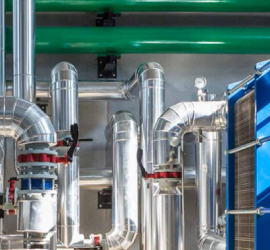

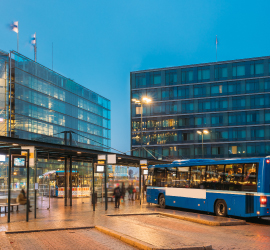

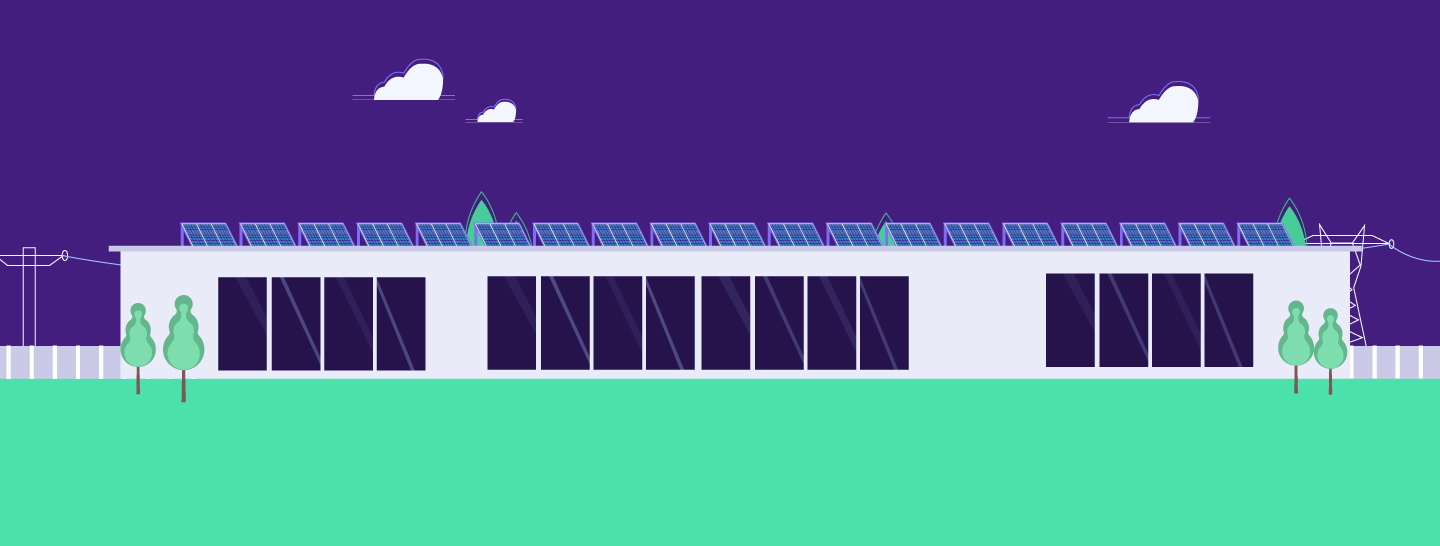
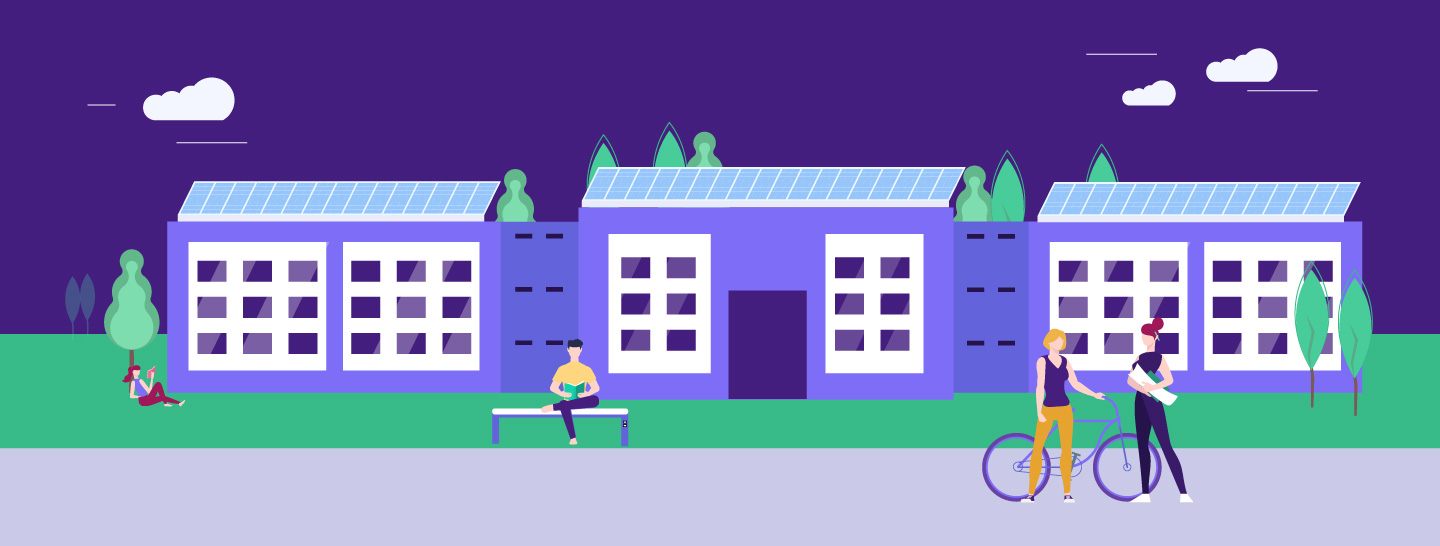




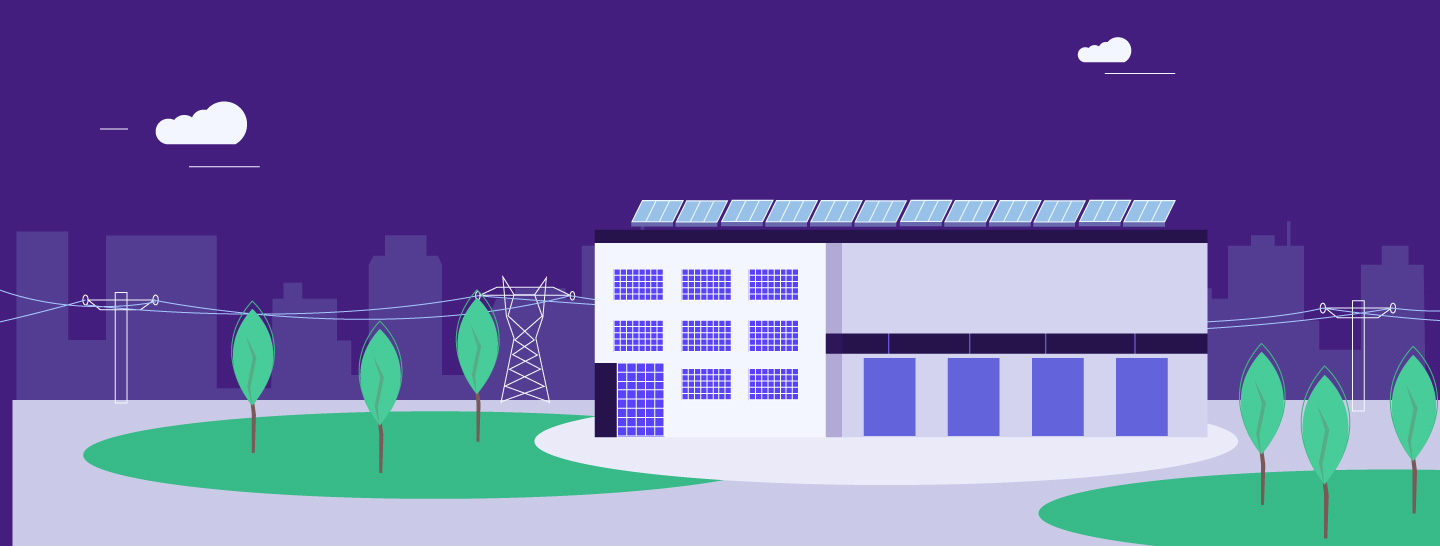
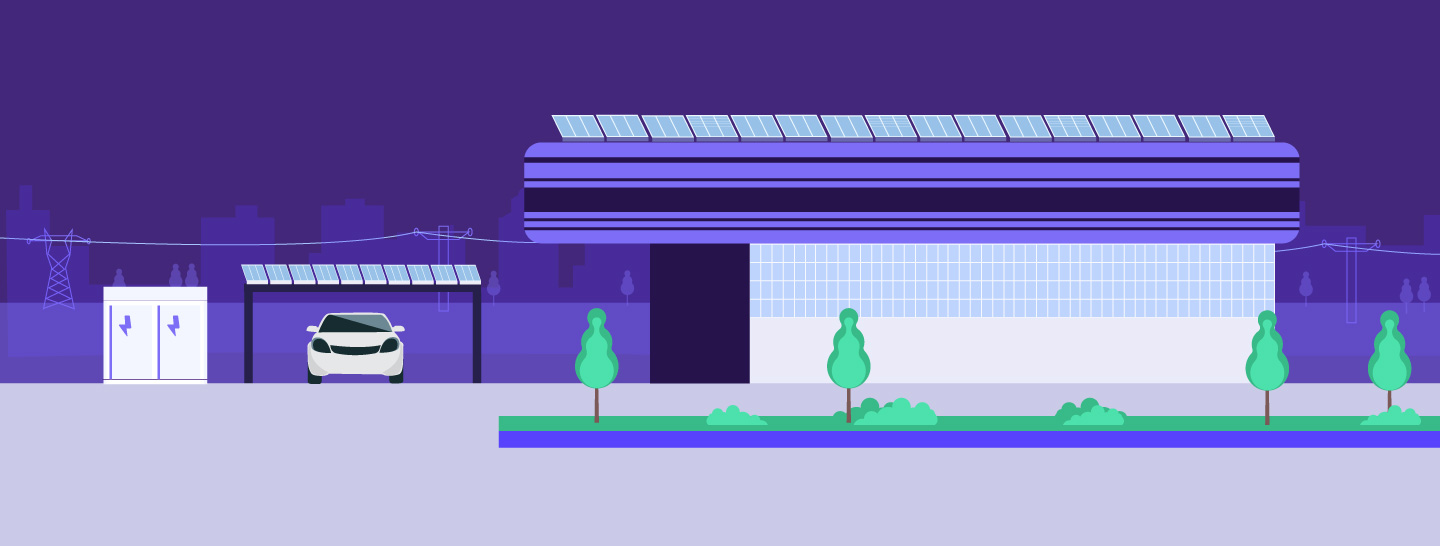

.jpg)
